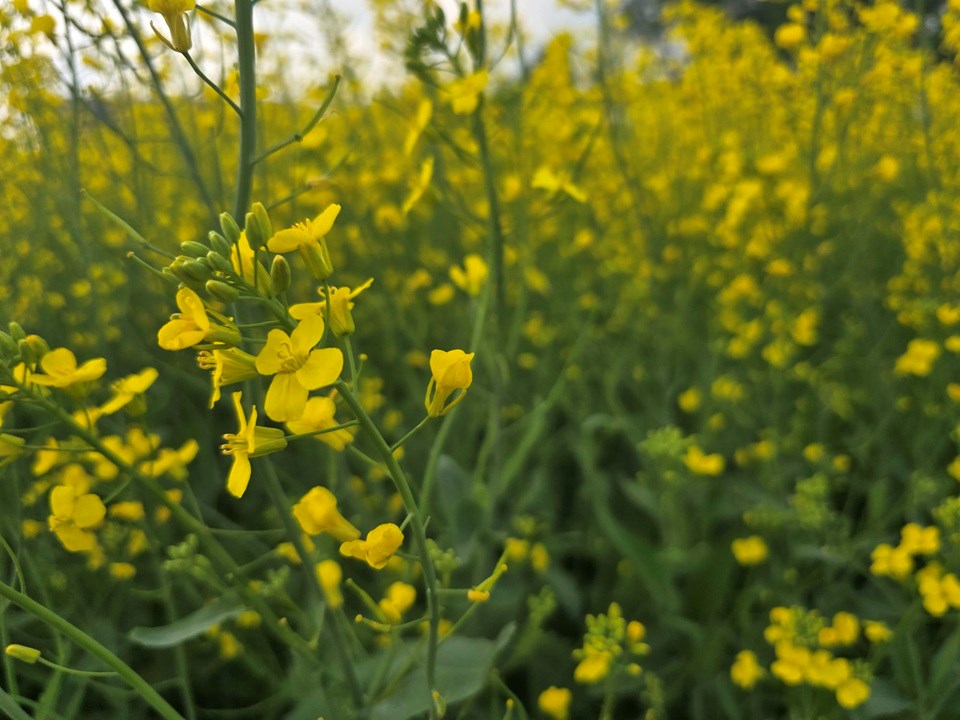Canadian canola took another hit on the markets as well as from China.
The Chinese government announced Tuesday a new 75.8 per cent tariff on Canadian canola seed imports will take affect this Thursday.
It's the result of China's anti-dumping investigation into canola, which they claim to have found evidence that Canada has been hurting China's domestic market by getting "preferential policies" and getting government subsidies. The tariffs on agricultural products are retaliation for Canada putting levies on Chinese electric vehicles, steel, and aluminum last August.
The probe began in September of last year and is expected to wrap up next month when a final decision will be made to keep the tariffs or remove them. China has the option of extending the probe another six months.
"This is what had been feared for quite some time," said Kevin Hursh, Chief Agricultural Editor of SaskAgToday.com. "Now that has come to pass; that will virtually stop any Canadian canola going into China, and the market has reacted with a vengeance with canola down dramatically in price. This is the worst possible news that we could get on that front."
Canola futures were down more than 40 dollars a ton Tuesday morning as a result of the announcement. The November canola contract on the ICE Futures Exchange closed Tuesday afternoon at $650.30, down $30.50 a ton.
Hursh said politicians of all stripes need to take this issue seriously and suggested tariffs on Chinese E-V's need to be removed in order for the canola tariffs to be taken down.
"Perhaps that's what we should be doing because we're sacrificing an existing industry—the canola industry and the grain industry—for a potential industry of electric vehicles in Canada. I think it's a real political issue that politicians and the Canadian government really need to get their head around." he added.
As for China's rationale behind the canola seed levy, Hursh called it "a facade."
"There are subsidies in the Canadian agriculture industry, but to single that out and say that canola is dumped into the Chinese market is not a very credible claim. It's just an excuse at this point."
Kyle Larkin, Executive Director of the Grain Growers of Canada, noted of the billions of dollars of canola exports to China, "the vast majority of that is canola seed."
"We'll see what the actual impacts are, but I expect there's going to be some disruption and uncertainty, especially as it relates to canola pricing when farmers sell." added Larkin.
In a news release Tuesday morning, the Wheat Growers Association said the tariffs " shut one of our most critical export markets and escalating an already damaging trade dispute."
"This is more than just bad timing, it’s a complete blindside in the middle of harvest,” said Gunter Jochum, President of the Western Canadian Wheat Growers Association. “For Western Canadian farmers, canola is our flagship crop. Losing China at this moment is like pulling the rug out from under us when we’re already running full tilt.”
The Wheat Growers say China's combined tariffs threaten up to $2.35 billion in canola industry losses. They accuse the federal government of following a trend of having farmers be collateral damage in its trade disputes.
The Wheat Growers call on the Canadian government to engage with China to roll back or suspend the tariffs, commit to diversifying export markets to reduce dependency on single-country buyers, and to establish an agricultural trade envoy to prevent farm products from being targeted in political disputes.
China also announced a launch of another anti-dumping probe into pea starch imports from Canada, which could take up to 18 months to complete.



